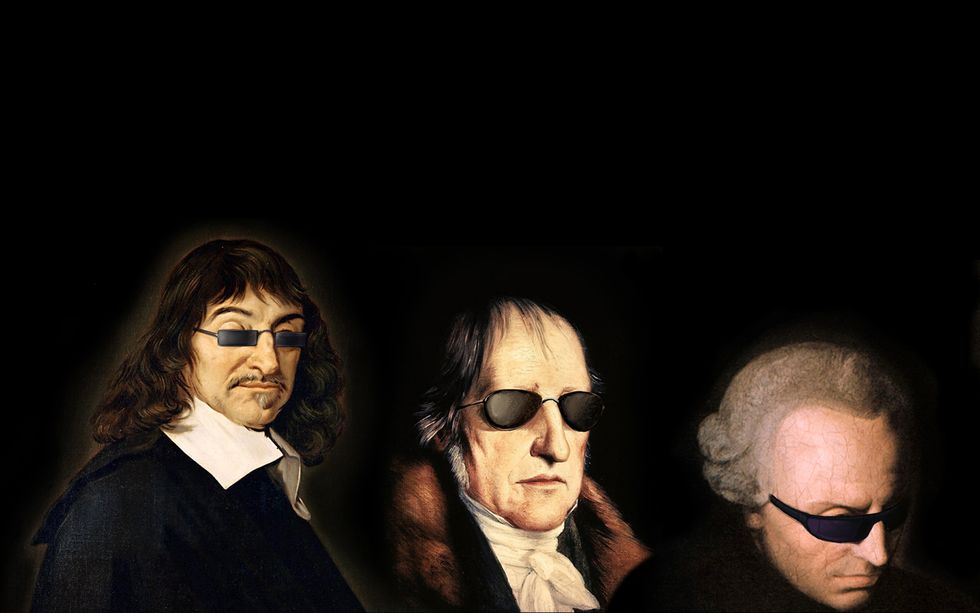Hegel is effectively the most questionable of the standard political thinkers. In The Phenomenology of Spirit, he endeavors to follow the majority of the steps needed that a consciousness must experience—Consciousness, Self-Consciousness, Reason, Spirit, and Religion—before it can land at the purpose of complete Absolute Knowledge. No one had ever endeavored anything comparative, and even today this undertaking appears to be absurdly aggressive. The subject was unique, as well as advances another technique for logic, commonly known as the dialectic method. As it were, he is attempting to accomplish something nobody had ever thought of doing previously, utilizing a state of mind nobody had thought of utilizing previously.
In the section of lordship and bondage, he describes it as an arrangement in which two self-consciousness’s endeavor to maintain their supreme-ness by means of each other. The standard for this success is that self-consciousness is perceived by another fully self-conscious, and the methods by which it endeavors to satisfy that criteria is by enslaving the other. This in turn, creates a battle between the two consciousnesses as they both try to assert some form of dominance over the other and also creating a master/slave relationship. The winning conscious must be able to connect with any part of their being. This is clearly shown when Hegel states: "the pure abstraction of self-consciousness...consists in showing itself as the pure negation of its objective mode". So we've had the initial underlying rule for progress (common acknowledgment), its subjugation, and now we'll have the great Hegelian negation of the invalidation so as to drive us to his next level of awareness.
At first, we may feel that the slave is more pressed than the master. The master extorts the slave to deliver the greater part of the master's necessities, and the master carries on with a wasteful existence of extravagance. However, this implies the master's life is intervened by the profitable work of the slave, and the master them self does not create anything. The slave, then again, is inventive — they should deliver things consistently for their own subsistence and for the master's subsistence. This gives them a specific self-governance and opportunity, since they can beneficially change the world as indicated by their will (or, all the more entirely, their will as interceded by the desires of the master). However, the master falls into a kind of epicurean depression and turns into an over glorified vegetable.
On the off chance that we see the master as progressively aware of his reliance on the slave, and the slave as progressively aware of his freedom from the master (through work), what comes about is an aggregated self-conscious of the way that every individual is both subject to and autonomous of others for every individual's consciousness. This is, to put it plainly, the idea of a "soul" - a like-mindedness in which people are subject to the group for their status as self-conscious, yet free of the group as specific objective agents. All in all, I think it safe to say that Hegel lost Marx with the idea that "work is freedom."
















